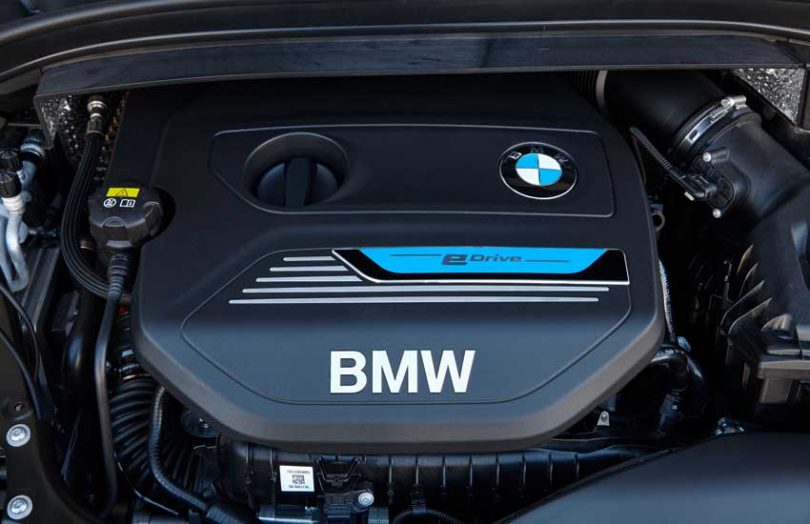Today, BMW announced it is using blockchain to enable traceability of components in its international supply chain. The German automaker unveiled the PartChain project, initially piloted last year, which would increase transparency for all its partners.
Automotive supply chains are complex and involve a range of different suppliers who all need to communicate with the auto manufacturer.
By leveraging PartChain, BMW aims to track a component’s journey from its origin to the factory. By bringing its suppliers on a shared blockchain platform, the company would get a clearer view of its supply chain for better compliance and audit.
“PartChain enables tamper-proof and consistently verifiable collection and transaction of data in our supply chain,” said Andreas Wendt, member of the Board of Management of BMW AG responsible for Purchasing and Supplier Network.
Wendt added, “This move is designed to take the digitalization of purchasing at the BMW Group to the next level. Our vision is to create an open platform that will allow data within supply chains to be exchanged and shared safely and anonymized across the industry.”
The automaker said it ran pilot tests last year for purchasing front lights in collaboration with German company Automotive Lighting. “This year, we want to expand the project to a large number of other suppliers,” says Wendt. The goal is to roll out PartChain for ten other suppliers and also to expand the number of plants involved from two BMW Group has 31 manufacturing locations.
Although it started with parts, in the long run, BMW hopes to move further down the supply chain to track critical raw materials from mine to smelter. Another German car manufacturer, Volkswagen, is working with IBM, Volvo, Ford and a few others to track the provenance of Cobalt, the main element used in electric vehicle batteries.
On the technology front, PartChain uses cloud services from Amazon Web Services and Microsoft Azure in addition to the blockchain which is Hyperledger Fabric.
BMW is no stranger to blockchain. Last year it outlined a BMW vision for blockchain, and a few months ago, it worked with logistics provider DHL on a proof of concept for transparency in parts sourced from Malaysia.
The automaker is one of the founding members of the Mobility Open Blockchain Initiative (MOBI) consortium and is currently working with other partners on blockchain vehicle identity (VID) standard.
Among its other projects, BMW worked with VeChain to develop the blockchain-based VerifyCar app, which enables used car buyers to verify details such as odometer readings and maintenance activities.
Update: Added the blockchain protocol used







